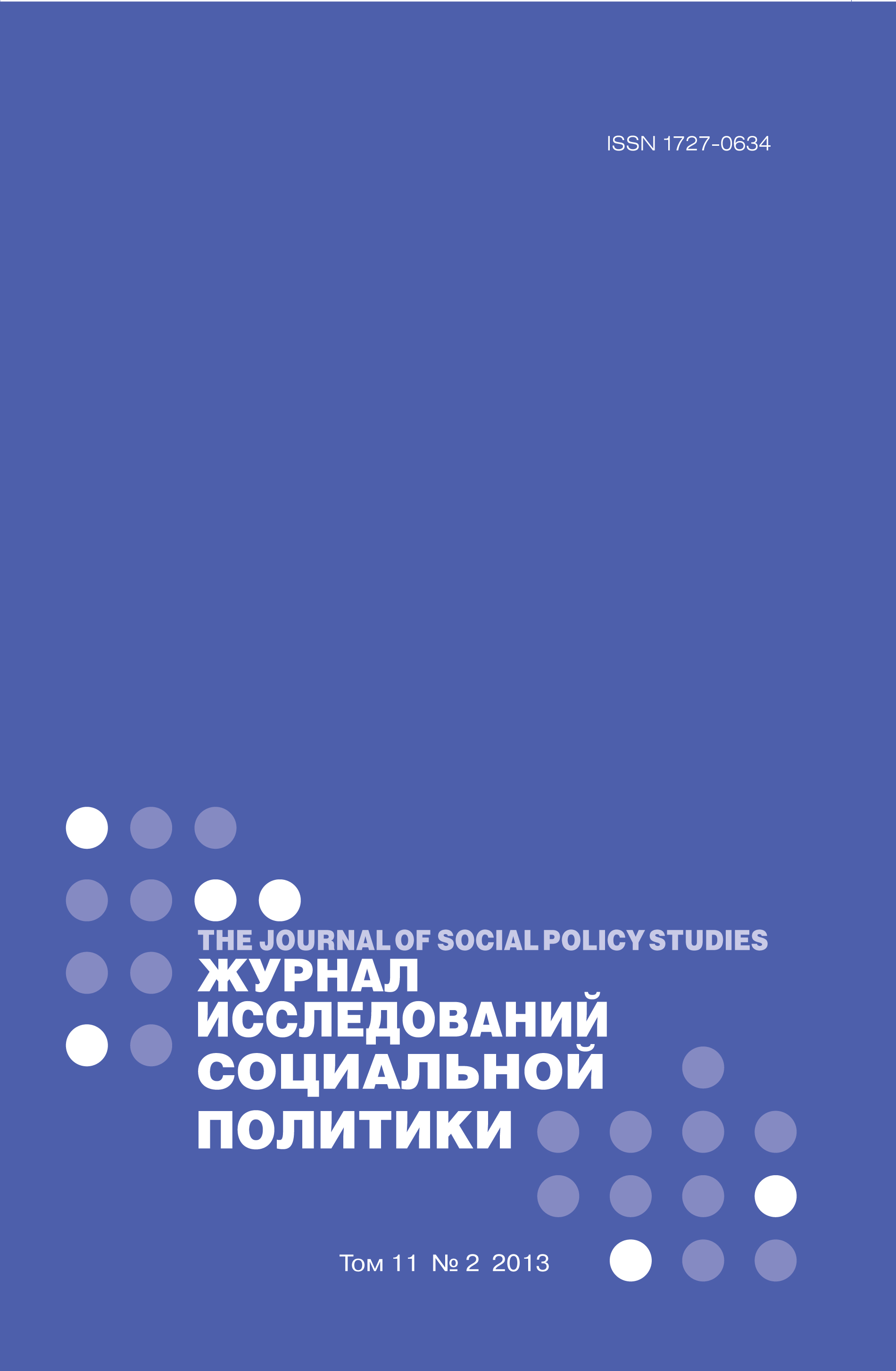The Right for Inclusion: An Analysis of the Problems of Labour Migration at the Regional Level
Abstract
Contemporary Russia state and public services are characterized by an inconsistency of the official discourse regarding the problems and prospects of labour migration in Russia, including the lack of a clear framework for building a network of social and institutional support for labour migrants. Additionally, the socio-political discourse of labour migration in Russia has taken on negative connotations in its analysis of economic competition and security risks in the interactions of migrants and local populations. In light of these trends, a deeper analysis of regional social services for migrants and institutional mechanisms for the inclusion of migrants into the host community is needed to better understand Russia’s current negative view of the inflow of foreign labour into regional areas. In conducting this research, the authors relied on data collected from interviews with migrant workers and a host of governmental and non-governmental actors, such as: social service staff; territorial authorities; ministry representatives; and several human rights NGOs. The study was conducted in the Saratov region due to its high proportion of foreign labour and multicultural communities, as well as its status as a subsidized region with low average wages and inadequate support for small- and medium-sized businesses. Migrant labour acts solely as a quick economic infusion due to low labour costs, but Russian institutions fail to develop human capital due to the lack of a comprehensive migration policy that promotes education and Russian language development. Russian institutions also fail to mitigate the socio-economic risks present in the receiving community where foreign labour migrants viewed by the host community through stereotypes and are subjected to de facto segregation if they wish to maintain their ethnic identity and traditions. Poor knowledge of the Russian language and general ignorance of their legal rights provide significant challenges to migrant labour’s ability to access social services, which serves to increase their dependence on the ethnic community for social aid. To change the negative social consequences and discourse, a comprehensive initiative to build an institutional effort to integrate and socialise migrant communities must be coordinated alongside economic considerations of Russia’s migrant policy.















